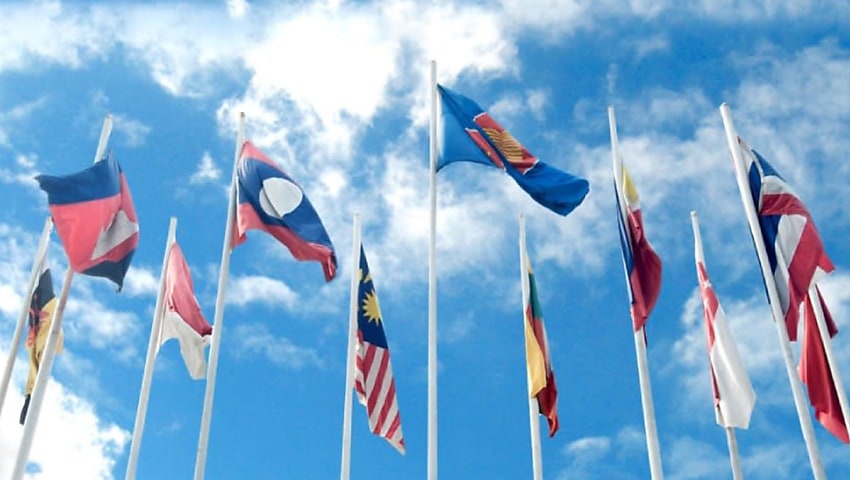Pursuing advanced capabilities under AUKUS would help produce an “effective balance of military power” in the Indo-Pacific, protecting the region from unilateral aggression, the defence minister has said.
To continue reading the rest of this article, please log in.
Create free account to get unlimited news articles and more!
In a piece first published by The Interpreter on Wednesday (30 November), Deputy Prime Minister and Minister for Defence Richard Marles has backed an ASEAN-led order in the Indo-Pacific, aimed at fostering peace and stability in a heightened threat environment.
The deputy PM acknowledged the importance of bolstering regional engagement through an emphasis on shared interests and collective security in the face of Chinese aggression.
He went on to reveal how Australia plans to play its role in advancing broader regional security.
“Under the Albanese government, Australia is pulling its weight,” he wrote.
“We are working to stabilise our relationship with China, without compromising our interests or sovereignty.
“We are maintaining a prudent focus on security by building Australia’s deterrent capabilities in response to a tougher strategic environment. And we are doing so with the utmost transparency to our neighbours and friends in the region.”
This, he said, would include further strengthening ties with the United States and communicating the benefits of Australia’s bolder defence posture, underpinned by the pursuit of next-generation military capability via the AUKUS agreement.
“I said we would continue to enhance force posture cooperation with the United States, which has underpinned regional security for many decades. And I said we would remain open as we pursue advanced capabilities through AUKUS, including by announcing the optimal pathway to acquiring nuclear-powered submarines,” he added.
“These actions are first and foremost about the defence of Australia — they represent a prudent response to the strategic circumstances we face.
“But they also aim to support regional security by contributing to an effective balance of military power.”
This approach, Deputy Prime Minister Marles said, aims to ensure “no state will ever conclude that the benefits of conflict outweigh the risks”.
He concluded: “This is the kind of region we want. It’s a goal we are committed to working towards with our ASEAN partners.”
These remarks follow the deputy PM’s visits to Cambodia and Vietnam last week.
During his trip, he participated in the Ninth ASEAN Defence Minister’s Meeting-Plus (ADMM-Plus) on 23 November, just two weeks after Prime Minister Anthony Albanese attended the ASEAN summits.
The ADMM-Plus meeting is billed as the region’s premier defence dialogue, set up to facilitate discussions on pressing issues across the Indo-Pacific.
[Related: Deputy PM embarks on new Asia-Pacific tour]

 Login
Login







